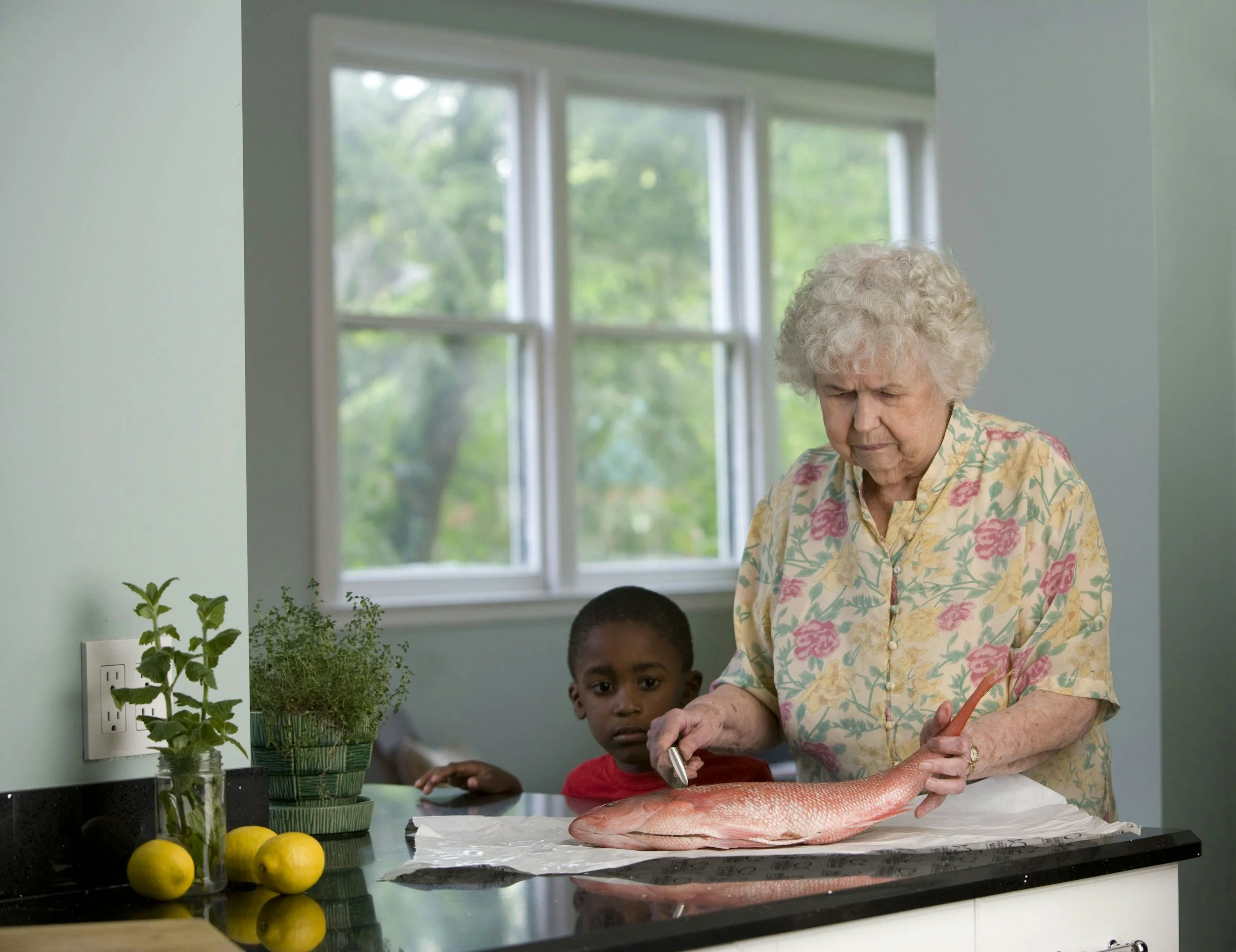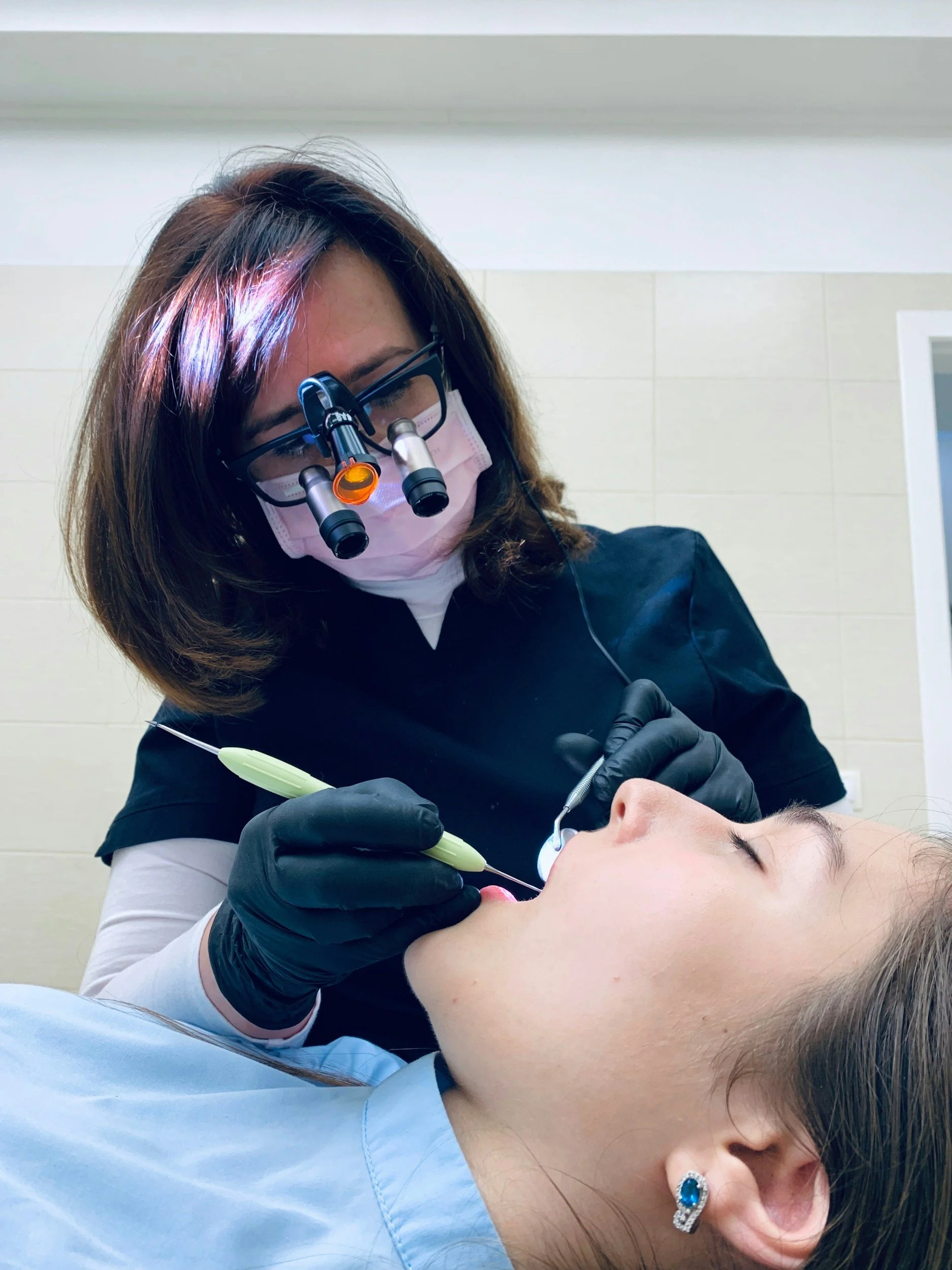Choosing the Right Care: Top Life Support Options for Your Elderly Loved Ones
A person's health care needs change as they age. Seniors often need more support and assistance to maintain their quality of life and allow them to remain independent. There are several levels of care options to choose from. Families must understand what each option entails and its benefits. This information lets them choose the right support option for their loved one.
Independent Living
When choosing the right care option, families might overlook independent living communities. These retirement communities are for seniors who remain active and self-sufficient. They benefit from moving to this community because they no longer worry about maintaining a home. They will have access to social activities and amenities while residing in a private or semi-private residence. Services offered in independent living communities typically include housekeeping and meals. Residents can still handle activities of daily living and remain independent but have companionship and help in an emergency when needed.
Assisted Living
Men and women who need some help with activities of daily living may choose an assisted living community. They will have a private or semi-private residence and a personalized care plan to meet their needs and preferences. Staff members of these communities may help residents bathe, dress, manage medication, and handle basic grooming tasks. Residents still have a high level of Independence when they choose an assisted living community, but staff members are available around the clock to help as needed.
Memory Care
Individuals with dementia or Alzheimer's disease need specialized care around the clock. Memory care communities are designed with these individuals in mind. They feature a secure environment and specially trained staff members who understand the unique challenges of memory loss. This community will offer sensory stimulation activities and specialized programs. Residents are monitored around the clock to ensure their safety and overall well-being. Families know their loved ones are in a safe environment.
Skilled Nursing
Today, nursing homes are commonly referred to as skilled nursing communities. They offer medical care 24 hours a day, seven days a week, and supervise individuals with chronic conditions or complex medical needs. Staff members include licensed healthcare professionals trained to provide a comprehensive list of medical services. Residents receive medical care, help managing their medications, therapy services, and more.
Hospice Care
Hospice care benefits individuals nearing the end of their lives. These caregivers work with patients who have life-limiting illnesses and their families. The care may be provided in a patient's private residence, a skilled nursing community, or a hospice facility. Healthcare professionals from many disciplines come together to provide compassionate end-of-life care that meets the specific needs and wishes of the person. This team manages the patient's pain and symptoms while providing comfort and dignity to them and their loved ones.
To determine the level of care needed, the family must consider the individual's healthcare needs and functional abilities. Their safety and security must be prioritized, but the family also needs to consider socialization and engagement opportunities because they are essential to seniors’ overall health and well-being. Financial considerations must also be taken into account when choosing a care community.
The choice becomes easier when the family understands the options available to them. However, the senior should always be included in these discussions whenever possible. It's their life, and they should be comfortable in their new home. Families must remember this and ensure they have a say in where they live out their final years.






